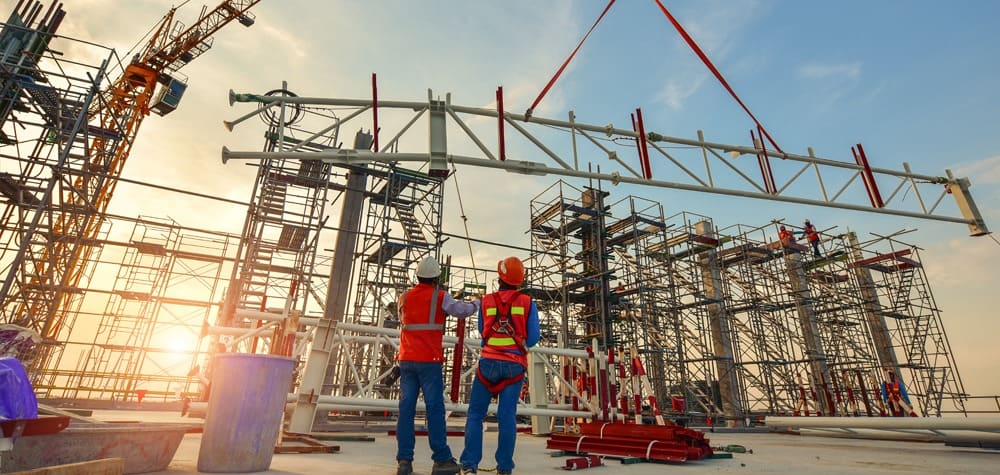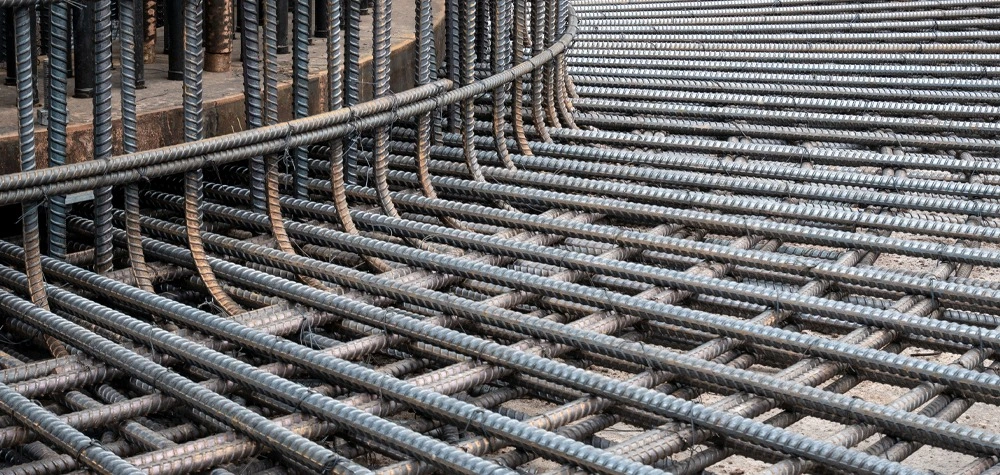Understanding the Latest Ministry of Steel Regulations for TMT Bar Manufacturers

The world of steel manufacturing is undergoing a transformation, particularly in the labelling of Thermo Mechanically Treated bars (TMT) producers. Traditionally, the industry categorized manufacturers as either primary or secondary based on their raw material source. Primary manufacturers used iron ore, the base material, while secondary manufacturers relied on recycled scrap steel. However, recent directives from government ministries, like those potentially impacting ARS Steel in India , are pushing for a shift towards labelling TMT bar manufacturers solely as “Integrated Steel Manufacturers.” This change signifies a move away from the old categorizations and highlights the evolving nature of steel production.
Why the Distinction Between Primary and Secondary?
The primary and secondary classification arose from the different production processes employed. Primary manufacturers, often referred to as integrated steel plants, possessed the infrastructure to convert iron ore into usable steel. This involved a series of complex steps, including mining, processing, and refining. Secondary manufacturers, on the other hand, focused on utilizing scrap steel. They collected, melted, and re-rolled scrap into new TMT bars.
While both processes contribute to steel production, there were perceived differences in quality. Primary steel, derived from virgin ore, was sometimes considered “purer” compared to recycled steel. This perception, however, doesn’t necessarily reflect reality. Modern advancements in scrap processing and TMT steel bars production allow for high-quality steel even from recycled materials.
The Rise of Integrated Steel Manufacturing
The move towards labelling TMT bars manufacturers as integrated steel manufacturers acknowledges the changing landscape of steel production. Here’s why this shift is taking place in the steel industry:
Union Steel Minister Jyotiraditya Scindia has announced that the Ministry of Steel will push primary steel producers to use 50% recycled steel by 2047, aligning with the government’s circular economy goals. Currently, recycled steel makes up about 10% of primary steel inputs, even though it accounts for 22.5% of the total domestic steel production, which is 140 million tonnes. Companies like ARS Steel , one of the leading TMT bars manufacturers in India , are poised to benefit from this transition. Previously, secondary steel might have been viewed as lower quality compared to primary steel, but the new policy changes this perception.
Scindia also noted that scrap steel currently constitutes only 15% of primary steel production, with a goal to raise this to 25% over the next five years. By 2047, the target is for scrap steel to make up 50% of primary steel production, meaning that iron ore will then account for only half of the raw materials needed. This updated labelling system will place ARS Steel on par with major players like Tata and JSW, removing any negative stigma associated with the old classification, thus enhancing ARS Steel’s competitiveness in the market.
Other Factors that causes the shift to Integrated Steel Manufacturing
● Technological Advancements:
Modern technology allows for the efficient use of scrap steel, minimizing reduction in quality. Techniques like electric arc furnaces (EAF) ensure effective smelting and refining of scrap, resulting in high-quality TMT steel bars.
● Efficiency and Cost-Effectiveness:
Utilizing scrap steel can be more cost-effective than relying solely on virgin ore. This translates to potentially lower production costs and more competitive pricing for TMT steel bars.
Does This Mean All TMT Bars Are Created Equal?
The removal of the primary/secondary distinction doesn’t guarantee uniformity in TMT steel bar quality. The guarantee is established by
- Zero Quality issues
- Satisfies IS 1786: 2008: IS Code for Chemical & Physical tests
- Manufacturers are BIS certified
Conclusion
The new labelling system that classifies TMT bars manufacturers as Integrated Steel Plants represents a positive shift in the industry, recognizing advancements in scrap processing and the benefits of using recycled materials. For companies like ARS Steel, this change levels the playing field, allowing them to stand alongside major industry players in the market. Overall, this development offers a promising opportunity for secondary manufacturers to showcase their strengths and compete effectively in the market.



